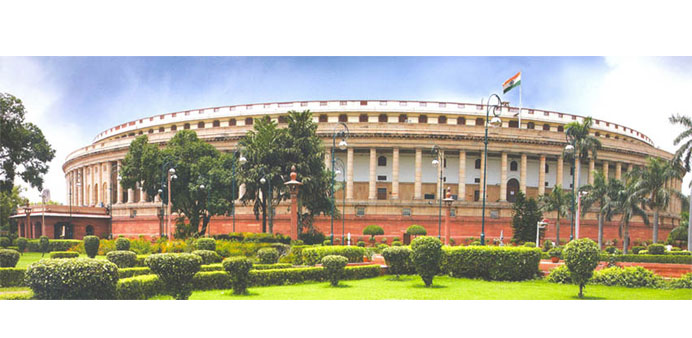Reuters/New Delhi
The parliament yesterday began debating a sales tax that seeks to transform the country into a common market, but experts said compromises made to enlist the support of states risked diluting the impact of the biggest tax reform in decades.
The proposed goods and service tax (GST) would harmonise a mosaic of state and central levies into a national sales tax which business and policy makers hope would boost manufacturing and reduce corruption.
“GST is going to lead to a win-win situation as far as the centre and the states are concerned; it’s going to up India’s GDP and it is going to up India’s revenues,” Finance Minister Arun Jaitley told lawmakers.
The government hopes the lower house of parliament will vote on the bill as early as Monday, after which the upper house would have to pass it.
Then more than half the 29 states must ratify it before federal and state governments would get equal powers to tax goods and services.
What Jaitley calls the biggest tax reform since independence in 1947 could add as much as 2 percentage points to the growth of Asia’s third-largest economy, and passage would be a victory for Prime Minister Narendra Modi’s nationalist government.
Bringing the states on board has been a bruising process, as the tax would curb their policy flexibility. It has been 12 years since the tax was first mooted, and there is still work to be done to meet Jaitley’s April 2016 launch deadline.
A council of federal and state finance ministers still has to agree on the GST rate, a senior finance ministry official said, after a government think-tank proposed it be set at 27%, well above the global average of 16.4% for similar taxes.

